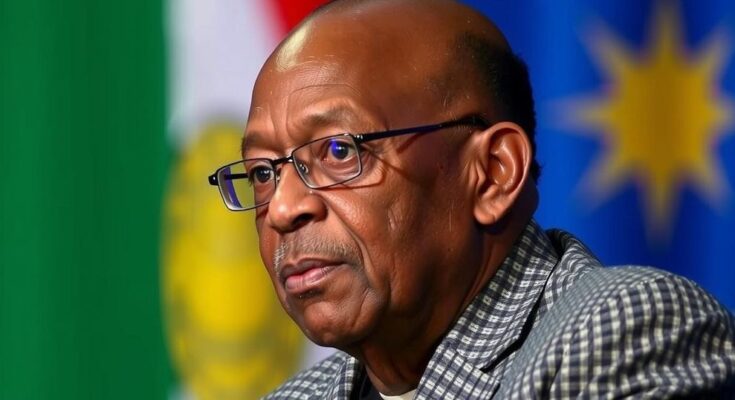Botswana President Mokgweetsi Masisi has conceded defeat in the elections, ending the BDP’s 58-year rule as preliminary results show the party in fourth place, with the opposition UDC leading.
In a significant turn of events in Botswana’s political landscape, President Mokgweetsi Masisi has officially acknowledged his defeat in the recent elections, thereby concluding a remarkable 58-year tenure of the Botswana Democratic Party (BDP) in governance. Initial electoral results indicate that the BDP has placed fourth, notably behind the main opposition, the Umbrella for Democratic Change (UDC), which has emerged as the front-runner. This transition marks a critical juncture in Botswana’s democratic evolution, as it signals new leadership after decades of uninterrupted BDP rule.
Botswana has been characterized by a long-standing dominance of the Botswana Democratic Party since its independence in 1966. The BDP has been synonymous with the country’s political stability and economic growth over the years. However, rising public discontent and demands for change have gradually shifted the political dynamics. The recent elections served as a pivotal moment for citizens seeking a departure from the past, culminating in the opposition’s ascendance and the conclusion of the BDP’s lengthy governance. The results signify a broader trend observed across various nations where long-standing political entities face mounting challenges from emerging opposition groups.
The concession of President Mokgweetsi Masisi signifies a landmark moment in Botswana’s electoral history, marking the end of an era for the BDP after nearly six decades of continuous governance. It reflects a growing desire for political reform and accountability among the electorate, illustrating the resilience of democratic processes in Botswana. As the UDC rises to prominence, the country may anticipate transformative changes in policy and governance.
Original Source: www.aljazeera.com




